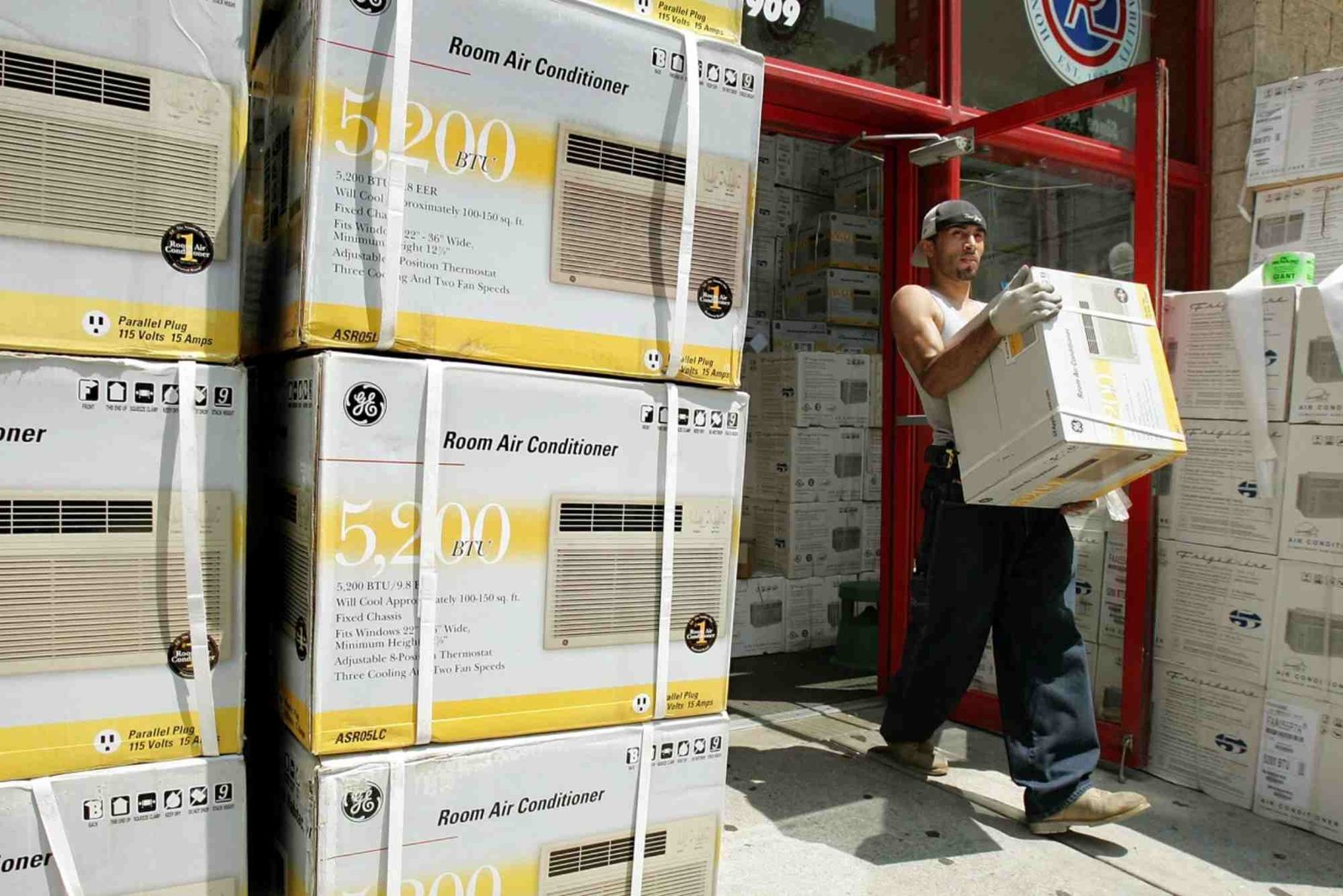Yes, many personal, corporate, and property-related documents require notarization in Dubai to be legally recognized. This includes powers of attorney, affidavits, board resolutions, partnership agreements, property authorizations, corporate amendments, and a wide range of declarations. Notarization ensures that signatures are legally verified and that the document can be relied upon by government entities, banks, developers, and international authorities.
Notarization is a key component of the legal system in Dubai and across the UAE. It is the official confirmation that a signature, document, or declaration is authentic and valid. For individuals and businesses alike, notarization is often a mandatory step before a document can be submitted to a government department, used in commercial transactions, or recognized in another country. Because Dubai is a global crossroads for trade, immigration, property ownership, and corporate activity, the demand for efficient and accurate notarization continues to grow.
Most people rely on professional guidance when completing this process, especially when preparing complex legal documents or international submissions. Experienced legal professionals—including Dubai Lawyers—help ensure accuracy, compliance, and correct formatting before documents are taken for notarization. At the same time, many individuals also engage recognized service providers offering the structured support of a Notary Public Dubai office to ensure smooth and timely processing.
This article explains the types of documents that typically require notarization in Dubai, why notarization matters, the steps involved, and how the process integrates with both local law and international requirements.
Why Notarization Is Required in Dubai
Notarization serves several key purposes that protect both individuals and institutions:
- Authenticity
- It verifies that the person signing the document is indeed the person they claim to be.
- Integrity
- It ensures that the document has not been altered or forged.
- Legal Recognition
- Many UAE procedures require notarized documents before they can be processed.
- Protection Against Fraud
- Notaries check identity documents and confirm the signer’s awareness and consent.
- International Acceptance
- Notarized documents can be attested for use abroad.
Because Dubai hosts multinational corporations, global investors, expatriates, and local families, notarization supports consistent legal compliance across all sectors.
What Types of Documents Require Notarization?
Many documents—personal, corporate, and property-related—must be notarized before they are legally enforceable.
Powers of Attorney (POA)
A POA gives someone the authority to act on another’s behalf. In Dubai, notarization is almost always required for:
- Real estate transactions
- Property management or sales
- Vehicle sales or transfers
- Court representation
- Company management
- Banking and financial matters
- Family-related authorizations
- A POA must be clear, specific, and legally compliant to be accepted.
Affidavits and Personal Declarations
Common examples include:
- Loss affidavits (passport, Emirates ID, certificates)
- Name-change affidavits
- Declaration of marital status
- Custody or guardianship declarations
- Address confirmations
- Relationship confirmations
- These are often required by embassies, banks, or foreign authorities.
Corporate Documents
Companies must notarize various documents, especially during setup or structural changes:
- Memorandum of Association (MOA)
- Articles of Amendment
- Shareholder resolutions
- Share transfer agreements
- Partner admission or removal
- Local service agent agreements
- These are essential for licensing, restructuring, or regulatory compliance.
Real Estate and Property Documents
Property transactions in Dubai are highly regulated, and many documents require notarization:
- Sales agreements
- Assignment contracts
- Property dispute statements
- Mortgage authorizations
- Property power of attorney
- Tenancy-related affidavits
- Developers, land departments, and banks may reject non-notarized documents.
Wills and Inheritance Documents
Expatriates often need notarized documents to protect their family and assets. These include:
- Wills (especially non-Muslim expat wills)
- Guardianship designations
- Heirship declarations
- Asset distribution statements
- Proper notarization helps avoid future disputes.
Contract Acknowledgements
Many private agreements become legally enforceable only after notarization:
- Loan agreements
- Settlement agreements
- Debt acknowledgments
- Partnership agreements
- Service termination agreements
- A notarized contract can be used in court if disputes arise.
Employment and HR-Related Documents
Some employment matters require notarization, especially when involving foreign authorities:
- Experience letters for attestation
- Salary confirmations
- Employment declarations
- These are typically used for immigration or embassy applications.
Documents for International Use
For documents intended to be used outside the UAE, notarization is the first step before attestation from:
- Ministry of Justice
- Ministry of Foreign Affairs (MOFA)
- Embassy or consulate of destination country
- Each country follows its own legalization process.
How the Notarization Process Works
Although the process is straightforward, it has several mandatory steps.
Drafting the Document Correctly
Documents must be carefully drafted, clearly worded, and compliant with UAE legal standards. Common requirements include:
- Arabic language or bilingual format
- Clear identification of parties
- Specific and unambiguous terms
- Proper structure and formatting
- Improperly drafted documents are often rejected.
Preparing Required Identification
The signer must provide:
- Original Emirates ID
- Passport (for visitors)
- Residency Visa (if applicable)
- Supporting documents (if required)
For corporate documents, commercial licenses or board resolutions may also be required.
Visiting the Notary Office or Using Online Notarization
Dubai offers three options:
- Dubai Courts Notary Public
- Private Notary Offices licensed by Dubai Courts
- Smart Notary through UAE Pass (online notarization)
- Online notarization is increasingly popular because it is fast, secure, and convenient.
The Identity and Consent Check
The notary verifies:
- Identity
- Legal capacity
- Awareness
- Voluntariness
- Coercion or unclear intent results in rejection.
Signing in Front of the Notary
The document must be signed:
- In-person, or
- Electronically through the approved smart system
- The notary then stamps and signs the document.
Payment of Fees
Fees vary depending on:
- Document type
- Number of pages
- Whether the document is private or corporate
- Whether the process is online or in person
- Corporate notarization is generally more expensive due to complexity.
Receiving the Notarized Document
Once approved, the signer receives:
- An original stamped copy
- A digital copy (in many cases)
- This is the version accepted by government entities and legal bodies.
When Do You Need Attestation After Notarization?
If the document is intended for international use, further steps may be required:
- Ministry of Justice attestation
- Ministry of Foreign Affairs attestation
- Embassy or consulate legalization
- Foreign ministry attestation abroad
- This multi-step process ensures international verification.
Common Problems People Face During Notarization
- Missing Arabic Translation
- Documents without Arabic may not be accepted.
- Incorrect POA Templates
- Vague or overly broad terms cause rejection.
- Invalid Signatures
- Documents signed before arriving at the notary are often void.
- Missing Attachments
- Notaries require full supporting documents.
- Corporate Authorization Issues
- Board resolutions or trade license copies may be required.
- Unclear Declarations
- Vague or poorly worded statements can be rejected.
- These issues are avoidable with proper preparation.
Why Proper Notarization Matters
Notarization guarantees that:
- Parties are protected
- Documents hold legal weight
- Fraud is minimized
- Government departments accept submissions
- International authorities recognize the paper
- Disputes are reduced
- Incorrect notarization can lead to delays, rejection, or loss of rights.
How Legal Professionals Support the Process
Legal professionals streamline and safeguard the notarization process by:
- Drafting documents accurately
- Preparing bilingual versions
- Advising on the correct legal format
- Ensuring compliance with UAE and foreign requirements
- Managing POA structures
- Reviewing corporate resolutions
- Preventing legal risks
- This reduces the chance of rejection or complications.
Final Thoughts
Notarization is an essential part of Dubai’s legal and administrative system. It gives documents credibility, ensures compliance, prevents fraud, and supports cross-border recognition. Whether you are finalizing a business agreement, managing a real estate transaction, handling family matters, or preparing documents for international use, proper notarization ensures your rights are protected.
NOTE:
Can Family Lawyers in Dubai Help with Child Support and Financial Maintenance?












